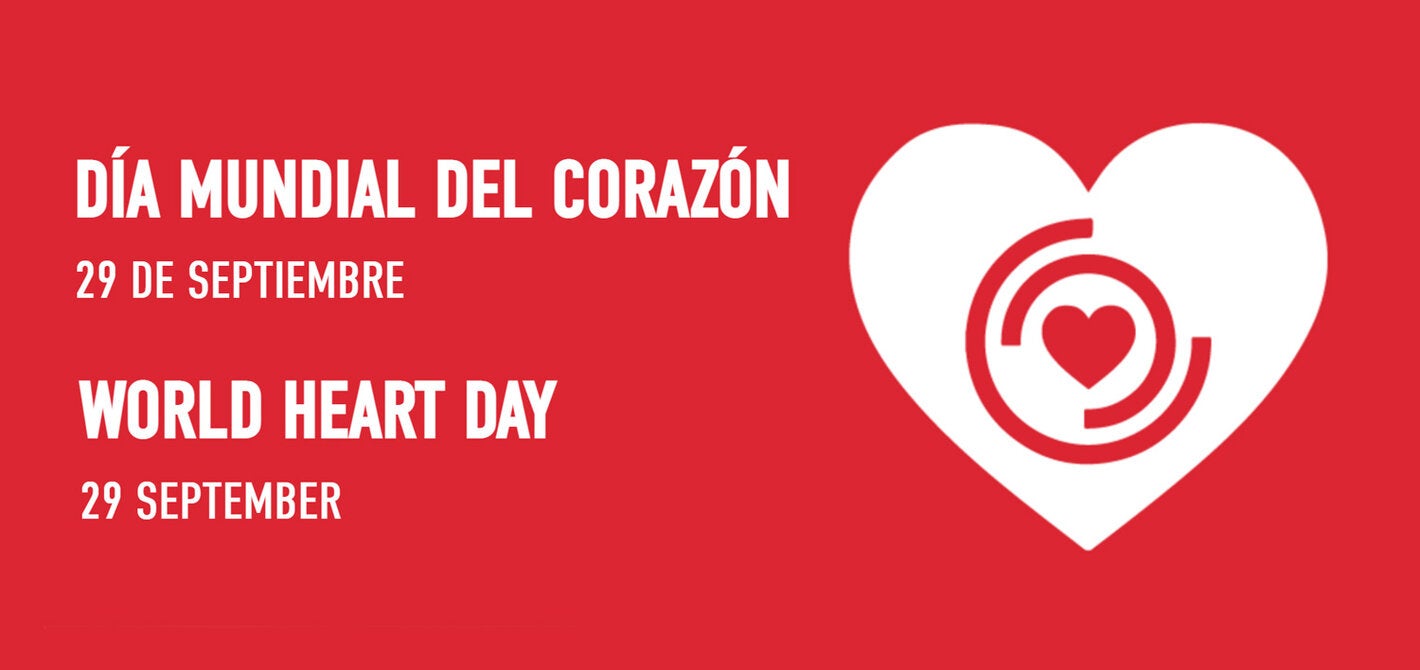
Washington, D.C. September 29, 2021 (PAHO) – On World Heart Day, the Pan American Health Organization (PAHO) highlights the importance of prevention and treatment of cardiovascular diseases (CVD) – the leading cause of death in the Americas claiming 2 million lives each year.
Globally, more people die each year from cardiovascular diseases – primarily ischemic heart disease and stroke – than from any other cause. Over three quarters of these deaths occur in low- and middle-income countries, where cases continue to rise.
In Latin America and the Caribbean, hypertension is a very common condition which leads to both heart disease and stroke, and the NCD Risk Factor Collaboration (NCD-RisC) data shows that many (28% of women and 43% of men) are unaware that they are affected.
The risk of heart disease and stroke is increased by unhealthy diets, particularly those high in salt, fat and sugars, and low levels of physical activity. Tobacco use is also one of the main risk factors, contributing to around 10% of all CVD deaths.
For those living with CVD, the COVID-19 pandemic has presented an urgent cause for concern. People with underlying health conditions, including heart disease and stroke, are at greater risk of developing severe forms of COVID-related illness and death. For this reason, many have even avoided seeking routine and emergency health care, which could prove life-saving.
World Heart Day is observed each year on 29 September, to draw attention to the urgent need for increased hypertension prevention and control. This year’s theme – “Use Heart to Connect” – highlights the need to find new, innovative ways to connect people to heart health by harnessing the power of digital health to improve awareness, prevention and management of CVD.
HEARTS in the Americas
The regional arm of the World Health Organization’s Global Hearts Initiative is led by the Ministries of Health in the Americas and supported by PAHO, and seeks to promote the adoption of global best practices in the prevention and control of CVD, including through better control of high blood pressure and prevention initiatives at the primary care level.
Evidence from 16 countries in the Region participating in the HEARTS in the Americas Initiative has shown that hypertension programs can be implemented efficiently and cost-effectively at the primary care level, which will ultimately result in reduced levels of heart disease and stroke.
Chile, which was one of the first countries to join the HEARTS Initiative, has been able to identify those most at risk of heart disease at the primary care level and ensure tailored and timely interventions that have helped to reduce the country’s overall rates of hypertension.
As part of HEARTS in the Americas Initiative, PAHO, with support from the United States Centers for Disease Prevention and Control (CDC), has also developed a CVD Risk Calculator app, which enables users to estimate their risk of heart disease and obtain advice on how to make healthier lifestyle choices.



